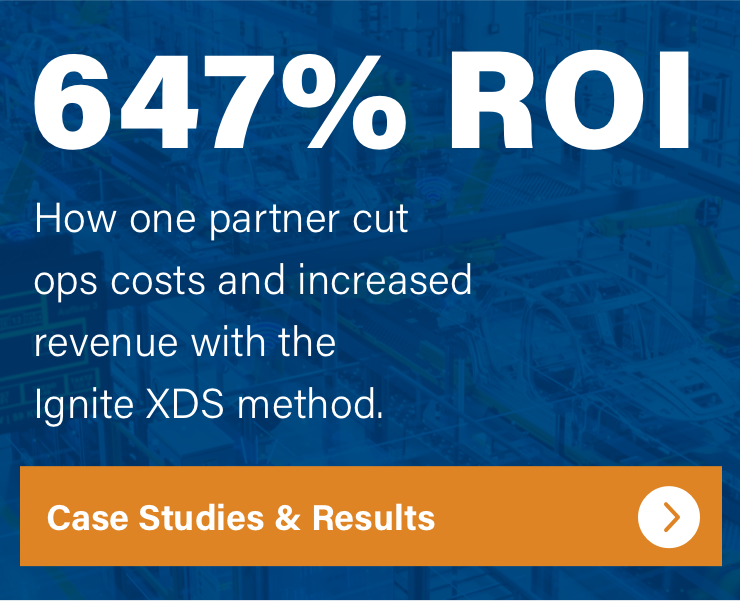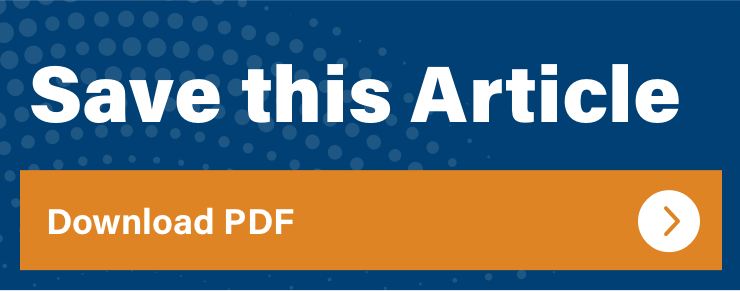
LLMs vs Traditional SEO: What Still Works and What Doesn’t
For years, SEO has followed a relatively stable set of rules: research keywords, optimize meta tags, build backlinks, write long-form content, rinse and repeat. But with the rise of Large Language Models (LLMs) and AI-powered search interfaces, those rules are shifting.
And businesses that rely solely on the old playbook are finding it harder to compete.
This doesn’t mean SEO is dead. But it does mean the way we define and execute SEO strategy needs to evolve.
What Still Works in the Age of LLMs
1. High-Quality, Authoritative Content
Content that demonstrates depth, expertise, and clarity still performs well, in traditional search and LLM responses. Authority isn’t optional. It’s the new currency.
2. Structured Formatting
Headings, bullet points, summaries, and clear sectioning make your content easier for LLMs to parse. These structures also improve human readability, making your content work on both fronts.
3. Topical Depth and Clustering
Search engines and LLMs alike benefit from understanding how your content fits into a broader topic. Interlinking blog posts, creating comprehensive guides, and organizing content around themes all improve performance.
4. Clear, Helpful Meta Descriptions
While LLMs don’t rely on meta descriptions the same way Google does, clean summaries still help your content shine in traditional results—and reinforce clarity when scraped or cited.
What No Longer Works (or Has Diminished Impact)
1. Keyword Stuffing and Exact Match Overkill
LLMs focus on semantic understanding, not keyword repetition. Over-optimized content reads poorly and gets bypassed in favor of naturally written answers.
2. Thin Content or Low-Value Pages
Surface-level blog posts written to check a box don’t provide the depth LLMs look for. These pages may still be indexed but rarely get cited, recommended, or featured in AI-generated responses.
3. Outdated Link Building Tactics
While high-quality backlinks still matter for traditional SEO, tactics like guest blogging at scale or link exchanges have lost value. LLMs care more about on-page authority and trust signals than raw backlink counts.
4. Prioritizing Ranking Over Readability
If your content was written to impress an algorithm rather than a person, LLMs will pass it by. These models prioritize clarity, completeness, and tone over keyword density.
What to Do Instead
- Focus on answering questions clearly and completely.
- Build topic authority through interlinked, semantically related content.
- Write for humans first, but structure for AI.
- Infuse your content with original insights, credible data, and expert voice.
- Update regularly. LLMs and search engines both reward freshness.
Ignite XDS: Building SEO Strategies for the New Era
At Ignite XDS, we’re not clinging to outdated playbooks. See What We Do.
We help our clients evolve their marketing to meet the moment and lead the next one. We build SEO strategies aligned with LLM behavior and traditional SERPs. We create content ecosystems built for semantic relevance, clarity, and expertise. And we engineer systems that turn visibility into revenue by aligning marketing with operations.
The rules are changing. Let's make sure your strategy still wins: Book a 15 minute fit call with our team today!


